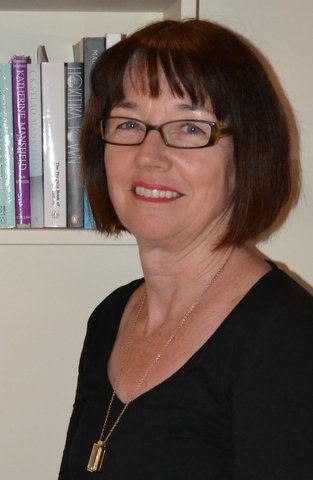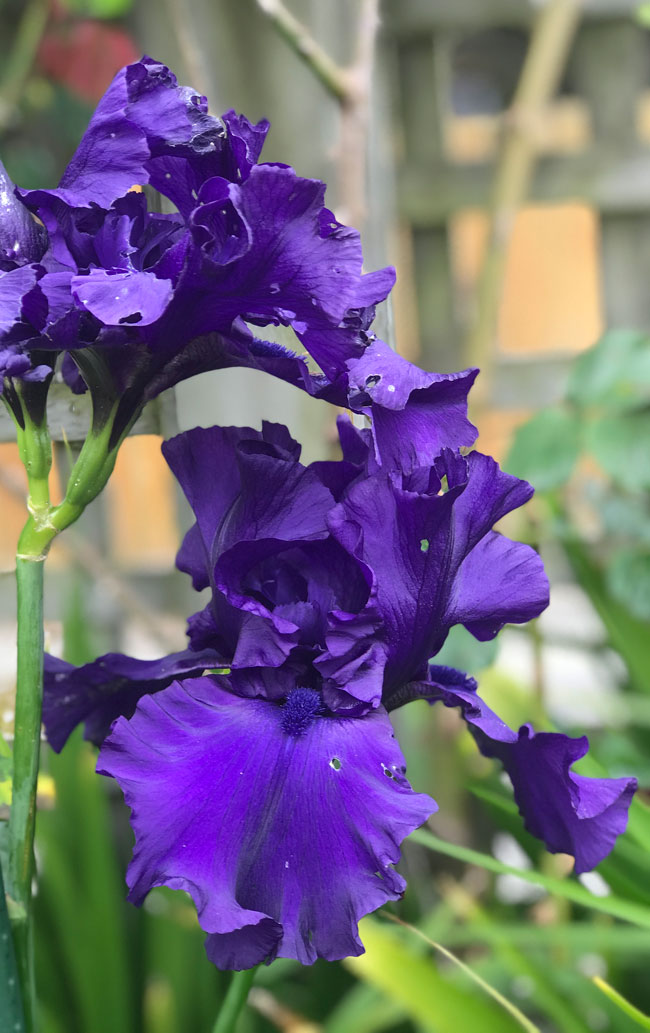Kia ora, I first met Maggie because she was a member of a book club I joined and I love her work, especially About Turns. I was one of the first Marching Girls ever (forgotten the date) and, along with my sister, I marched for the Taradale Marching team. Those were the days. Here’s Maggie…
What comes first?
My three novels have all been different. About Turns was first and foremost about the characters. I had a strong theme in mind, in particular marching and book clubs (the class thing) and place became really important as the novel evolved.
Turbulence my second novel was partly about me as an author, wanting to prove I could do something different, hence the male voice. Character and place had equal billing because I wanted to write about the ordinary bloke from the Hutt Valley – the kind of guy who perhaps doesn’t usually make protagonist in your hi-brow novel (he’s a factory manager, not an artist, or an intellectual).
My latest effort which is not yet published is definitely story and place and the characters have evolved out of that. I have a lot of characters. In fact, I’ve just killed one character off – I rather liked him, but he was a sub-plot that wasn’t working – now he’s gone. I have my editor to thank for that piece of advice. I’ve struggled to find the right way to tell this story. It has taken six years, but I think I’ve got there. I had to give myself permission. It’s a mother/daughter story with a backdrop of the Greek Civil War, but Wellington too… and I’m not Greek – I’ve struggled to find the right voice … fearful that I wasn’t a good enough writer or didn’t have the right to write it. I knew who my two key characters were (mother and daughter) right from the start, but a host of other characters have arrived, and I quite like them.
Planning
My first novel was a delicious unplanned journey with the benefit of a mentor (Barbara Else) and I was such a novice and in some ways that made it easier. She asked to see the first ten thousand words and then said ‘go’ and I’ll look at it when you have 70,000 — it was so exciting to be given the green light. Barbara never once told me what to do, but constantly asked me ‘why’ until finally, even I knew why. It feels in retrospect like a dream, and a lovely one. So, although I didn’t have a plan, I had the benefit of a mentor and that kept me on track I guess. I’ll always be grateful for that.
Looking back now, my second novel happened quite quickly. The whole ‘second novel’ thing… as if I had to get it out there. I knew the beginning and the end, before I started writing it. I don’t think I’m a particularly structured person but I knew who my central character was; this bloke from the Hutt Valley and the novel evolved from there. I think my characters in my first two novels have driven the story along, rather than me.
My third novel has been the biggest challenge and yet I think it is going to be my best. Well, you hope so, don’t you… you want to go on getting better and trying new things. My second novel got very mixed reviews – one great first review on Nine to Noon and there it was downhill. And you know these things have a big impact on your confidence. I think I lost my voice. You have to stay true to yourself, but it’s a strange journey. I knew from the start, what my third novel was about and who my central characters were, but it’s taken me forever to find the right way to tell the story. And in this instance, the story and how it unfolds, is crucial. This time, I’ve had a lot of ‘reader’ feedback (two publishers, publishing students, writer friends and finally my editor) — I feel very fortunate.
As for poems — My best seem to arrive asking to be written. When I actively choose a topic, and try to write about it, it doesn’t work. I have a poem about the Battle of Crete and my Dad and I’ve been trying to make it work since 2001 — one day! I’m trying too hard, I know. I wrote a poem about my brother’s suicide from the Coroner’s Report — it’s been published, but you know, maybe it isn’t as good as it could be. I ran a creative writing class at Arohata one day a week for a few years and the villanelle was such a great tool. I had the pleasure to read and listen to many powerful poems from women who’d never written before — all these emotions able to be contained, and at the same time magnified by the repetition and constraints of the form. Looking back, the villanelle might have been a better choice for this personal poem.
I grew up listening to rhyming doggerel that my Mum used to recite and so rhyme and rhythm are still part of my heart when it comes to poetry — I discovered the difference between poetry and doggerel at Victoria University in 1999 doing the undergraduate Poetry Class — up until then, I’d thought I was writing poetry.
Rituals
For my first novel, I spent hours vacuuming the house — I thought if I did the housework, I could put off sitting down to write — it was crazy and I had a very clean house, but I did end up with a novel. By the time I wrote my second novel, I calmed down a bit, and it was a trip down the zigzag to get the Dompost and do the crossword… and then I could start writing. Oh, and a cup of coffee.
Over the last six years trying to write my third novel, I’ve wasted hours on Facebook and blogs, procrastinating… pretending to be a writer… it’s a real timewaster, but too, it’s a community and I’ve learned a lot, although I may have learned more by knuckling down to write. I think I need the tension between time to write and outside commitments to feed my natural extroversion. I spend a lot of time alone and love it, but by nature I’m also gregarious, so it’s finding the right balance to keep my creative energy positive. Somewhere I read that Facebook is the water cooler for writers… I probably don’t need quite as much water as I’ve been drinking lately.
Rejection
I used to take it very intensely – terrified to open emails, knowing they would hold my fate, my hand poised, unable to push ‘open’ heart racing – basically terror. It’s not good for your health. I’ve given up applying for grants or residencies recognising that I’m not in the game… but once my third novel comes out, I might dip my toes back in the water. I’ve come to terms with it now. It’s pretty much part and parcel of a writer’s life. I care, but I don’t despair any more. I feel more at home in my own skin since I completed my third novel. And every now and then I remind myself how lucky I am to be published – try and enjoy what I have achieved instead of fretting about the things I haven’t. But yes, I’ve sobbed, I’ve railed, I’ve been jealous… but it’s not all that useful. Having said that, and sounding so wise and sane, I know too, when I release my third novel, I’ll be vulnerable… it’s inevitable.
Success
One of my first successes was having my short story ‘Let It Go’ accepted for the ‘Creative Juices’ Anthology, edited by Emma Neale. I wrote it while on the Aoraki Creative Writing Course in Timaru run by Owen Marshall. The story has since featured in another anthology ‘Dunedin — The City in literature’ edited by Christine Johnston. It’s a gorgeous little hardback published by Exisle Publishing. I’m between the covers with John A. Lee, Janet Frame and Owen Marshall. It was one of those absolute ‘yes’ moments. In my class were other very talented writers and not all of them had stories accepted. But looking back, I can see that my story just happened to be right for that particular anthology and sometimes it’s just your turn — it doesn’t mean you’re better than other writers necessarily, but it sure gives you a huge boost. I think some very talented writers can get knocked back and never get up – and that’s a shame — but for me, getting published for the first time in an anthology about ‘new writing’ (which includes Paula Morris, Sarah Laing, and Carl Shuker), when I was 52, was just so exciting. I try to remember that, when the going gets tough.


